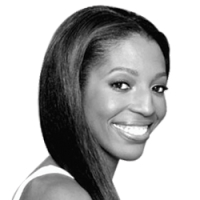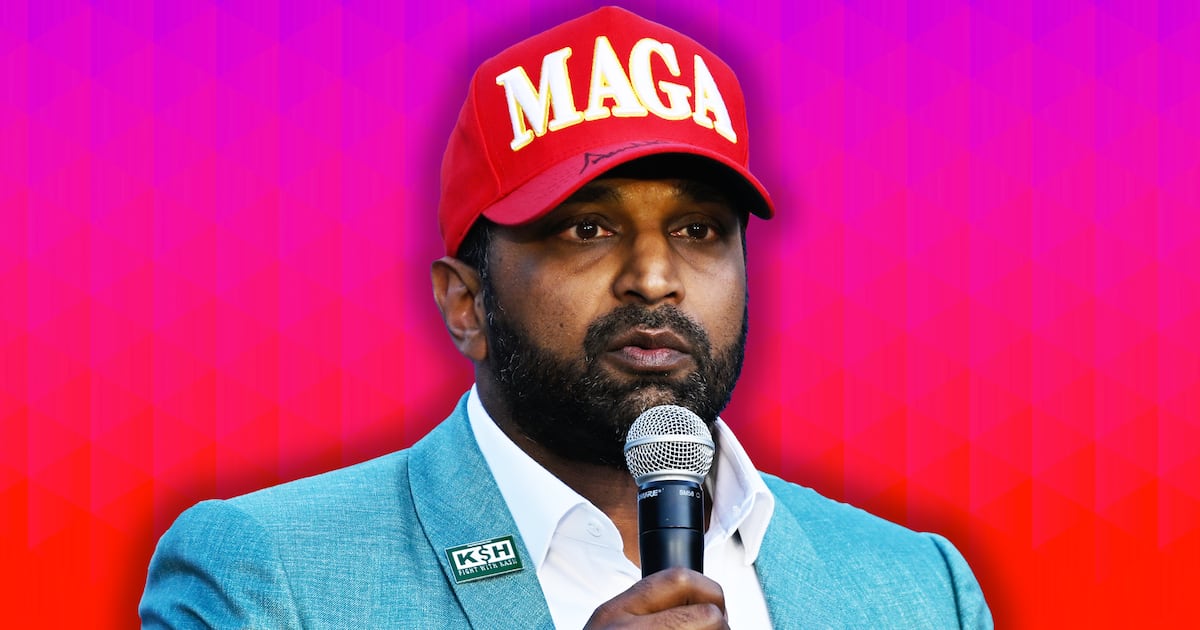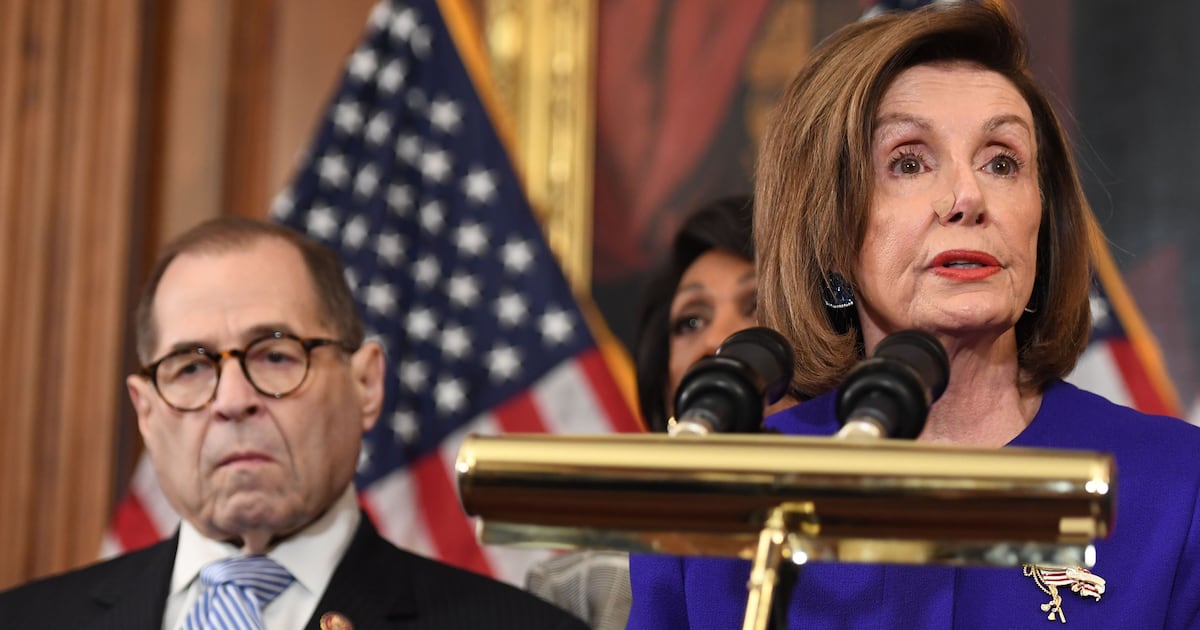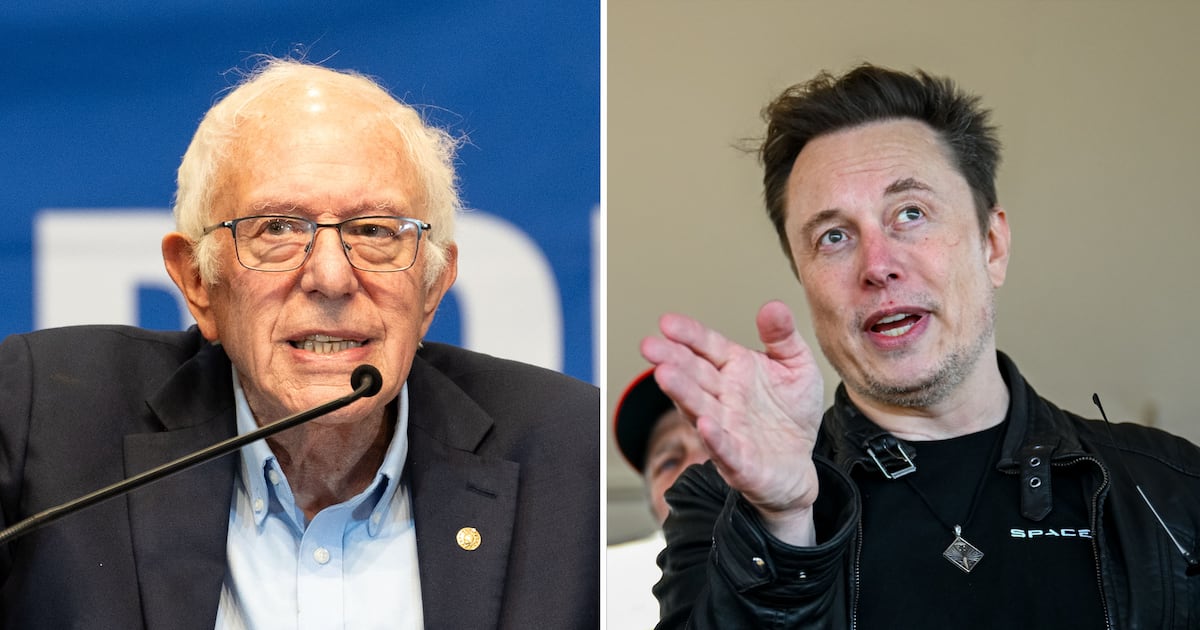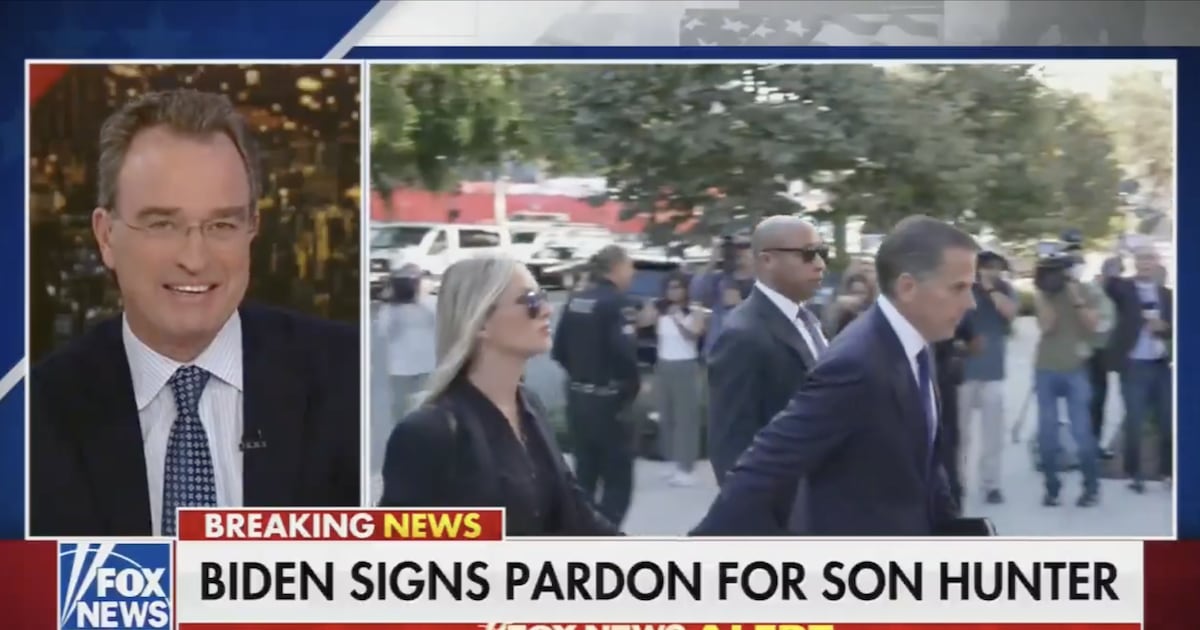
On Friday news broke that Arsenio Hall’s late-night talk show had been cancelled. The news came as a surprise, in part because Hall’s show had just been renewed for a second season. With Chelsea Handler’s E! talk show Chelsea Lately scheduled to end in August, Hall’s exit will mean that by the end of the summer late night will officially be all-white and all-male yet again. But here’s a question: Is that a bad thing?
I’m a strong believer that diversity can make a noticeable difference in most domains, often for the better and there is plenty of data to back this up. For instance, minority doctors are more likely to go on to work among indigent or underserved populations after medical school. Additionally studies have found that doctors can harbor unconscious bias when dealing with patients of different races, which results in poorer care for black patients since the majority of doctors remain white. For these reasons aspiring to more diversity in the medical profession is a no-brainer. With issues pertaining to civil rights, from affirmative action cases to the Lily Ledbetter case involving gender pay equity, regularly going before our courts, it makes sense that we’d want to ensure a diverse judiciary in terms of race, gender, and sexual orientation. In journalism, diversity can make the difference between whether a civil rights issue gets covered or not, and how it’s covered.
But when it comes to pop culture things get murkier. To be clear I believe pop culture has a profound influence in shaping our views of race and gender. As I have written previously, the film The Birth of a Nation, with its horrifying depiction of black Americans (portrayed by some white actors in blackface), is considered one of the most damaging pieces of propaganda in American history, credited with serving as a powerful recruiting tool for the Ku Klux Klan. On the opposite end of the spectrum, The Cosby Show has been credited by many, including Republican strategist Karl Rove, with paving the way for the election of the first black president by allowing white America to become comfortable with seeing a black family as not so different from their own.
ADVERTISEMENT
Yet I’m not convinced that means all pop culture matters in the same way. For instance, there have been very few breakout black country music stars, though there have been some. Charley Pride is one of the most successful and admired country stars in history, and he came of age at a time when black Americans were still struggling for full equality. (His photo did not appear on his early records because of the racial climate at the time.) No other African American has replicated his success in the four decades since his heyday atop the country charts. But does that mean we have to lament country music’s diversity problem? We rarely do, in part because not as many people of color pay attention to country music.
And I would argue it is debatable whether many people of color pay attention to late night, or whether many people of any race pay that much attention to late night. According to a recent Vanity Fair profile of Jimmy Fallon, while Johnny Carson once averaged 15 million viewers for The Tonight Show, Jay Leno averaged just over 6 million during his peak in 1997 and just 3.7 million last year. His new replacement Jimmy Fallon’s show Late Night averaged 1.8 million viewers. To put these numbers in context, unlike The Ed Sullivan Show, The Tonight Show is nowhere to be found on the 100 most watched television episodes list of all time. The Cosby Show, however, is number 69.
So does this mean late night does not matter? No. It matters to some. Just not nearly as much as other forms of media today. Including Twitter, apparently, where Fallon has 11 million followers. If they all watched his show, then it would become an incredibly influential program. But even he admitted in the Vanity Fair interview they probably won’t.
It used to be that minority artists, like all artists, were reliant on a very narrow number of outlets to promote upcoming projects. An appearance on The Tonight Show could therefore make or break a movie or series. But that’s no longer the case today. The success of BET’s original programming, including the drama Being Mary Jane, has not been due to coverage in the mainstream media but courting its target audience of black women through social media. The show was enough of a surprise hit that it warranted a Businessweek profile.
So maybe women and racial minorities should abandon late night to white men and the increasingly older population that seems to still care about it. I’d prefer that than to see another half-hearted crusade to convince a network to hire a woman or racial minority for the sake of doing so—diversity for diversity’s sake, as they say—and see him or her fail. After all, Arsenio Hall is talented, and had a proven track record, and he still couldn’t make it work in the current climate. Some of the other names being bandied about are just not talented. Chelsea Handler has long been reported to be a potential replacement for Craig Ferguson, who is stepping down from The Late Late Show. But Handler is to women in comedy what Christine O’Donnell was to women in politics: an embarrassment.
Besides being painfully unfunny, there’s her tasteless record on race and her track record as a failure on a major network already. Her NBC sitcom was canceled after a few episodes. Though CBS execs have said they are not in discussions with Handler to take over for Ferguson, the fact that she seemed to be considered the only viable female candidate is a sad commentary on the state of late-night television, and perhaps the dearth of female comediennes. (It’s also worth noting that the network did not shut the door to any future discussions with Handler.)
If Chelsea Handler is the best women can do in late night, then we are better off not being represented there. Maybe it’s time women and racial minorities began prioritizing where our diversity efforts really matter instead of feeling forced to support subpar candidates in mediums where it doesn’t.
